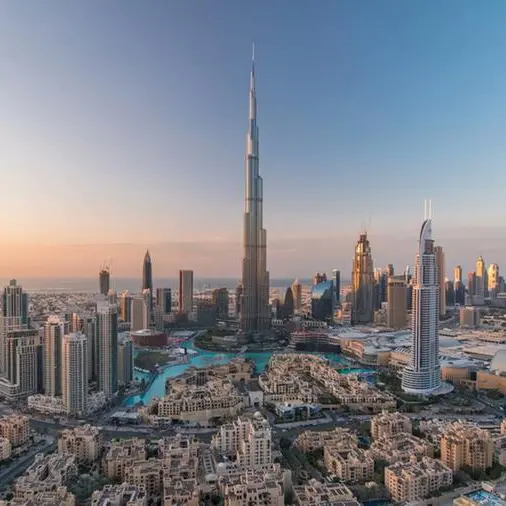PHOTO
Public and private sectors in the GCC require a combined $1.6 trillion in capital to upgrade and build infrastructure in the next five years, according to a report launched by Oliver Wyman, a global leader in management consulting.
The requirement is for infrastructure projects not coming under the category of mega developments. The consulting firm said that while the private sector across the GCC emerges as a key player in contributing towards the resources required in an attempt to ease the burden on governmental sectors, national governments need to bridge the gap with the private sector's investment of $600 billion.
A recent report by Orient Planet Research shows that Saudi Arabia and the UAE lead in infrastructure spending in the region. The report said that the total value of active infrastructure projects in the GCC has reached $1.14 trillion with roads, highways, and bridges among the highest number of projects. Road development projects continue to be among the largest infrastructure investments across the GCC region and remains a top priority for governments.
Strategy& Middle East, said in a report that, in the UAE itself, the energy, utilities and transportation sectors would see a massive growth in the next two decades as the government will pump Dh1.3 trillion in the development of these sectors. According to the report, other GCC governments are also investing a significant amount to develop infrastructure. Saudi Arabia is likely to spend $1.1 trillion from 2019-2038.
Oliver Wyman reported: "Private investment is key to unlocking long-term capital for Gulf infrastructure."
The firm added that infrastructure development is one of the key components of the various national development strategies announced by regional governments in facilitating diversification from oil. "With the rapid increase in population, there is now an immediate need to develop advanced infrastructure across all industries. Governments will need to attract an investment sum of $400 million by the private sector to address the demands."
"Gulf countries are actively introducing PPP programs to ensure they reach their strategic and sustainable goals. Currently, the region's macroeconomic fundamentals are solid and it is clear that the factors driving demand for the improved and established infrastructures will continue to remain in the future," said Jeff Youssef, partner, Public Sector, Oliver Wyman.
"PPPs are now emerging as the preferred path to bring private investment projects that are part of the various national development plans for GCC governments," said Youssef.
The number of PPP projects in the region have increased gradually as governments are now inclined towards the idea of enhancing greater private investment in the delivery of infrastructure services. "The planned government projects pipeline is set for 2040, resulting in bringing PPPs into the limelight as the catalyst in raising the capital required," said the report.
EC Harris's Global Infrastructure Investment Index ranks 40 countries in terms of their attractiveness for infrastructure investment. The UAE and Qatar are featured in the top 10. Saudi Arabia, the GCC's largest economy, is ranked 11. Given its high income per capita and government support for large-scale infrastructure projects, the GCC, will become a hub for global infrastructure investment, said the EC Harris report.
Copyright © 2019 Khaleej Times. All Rights Reserved. Provided by SyndiGate Media Inc. (Syndigate.info).





















